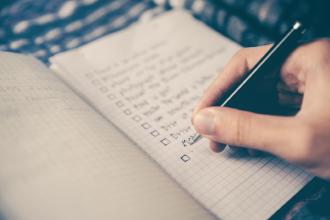Book Prepurchase Review Process

Summary #
A look at the questions and known personal biases I consider when contemplating acquiring a book. These are mainly directed at physical books but a lot of the considerations apply equally to electronic formats.
Why Bother? #
Purchasing and reading books involves numerous expenses: monetary, temporal and spatial.
- Money is a renewable resource, you can generate more of it
- Time is a finite resource, once consumed it is gone
- Space is an awareness of extended trade-offs
- is there physical capacity
- what impact does it have on your concentration environment (e.g. clutter vs organisational costs)
- does an additional source of reference reduce your ability to find existing knowledge
It can be helpful to identify your intended usage of the content; there is a difference between passive consumption as a distraction mechanism, and deliberate reading to form new thoughts and ideas, linking them to existing knowledge, and generating new source material to build upon when considering a scenario.
Questions To Consider #
- What areas of the book do I find particularly interesting?
- Can I apply knowledge from the book to any particular problems?
- Do I expect to get longer term value from this book, or is it “one and done” consumption?
- How expensive does the cost feel in the event I don’t find it useful for the long term?
- Is it an “ornamental” piece, and do I have the storage space for it?
- Is it something that can be easily passed on to someone else if I don’t find it useful?
- Am I convinced of the ROI? (value I expect to extract vs cost of purchase)
- Could this be the right book, but the wrong moment? (should I consider it later)
Known Biases #
- Books have always been a personal reward mechanism
- I use my library as a distraction, when I need to quiet my mind I randomly peruse my bookshelves, reading short sections from whatever triggers my interest
- I am predisposed towards hoarding and organising
- I derive pleasure from printed books on my shelves
- visually from owning a “collection”
- tactile sensations of holding a book, feeling the pages, seeing the text and annotations made over the years
- most of my books are second-hand, they all have a “history”
Conclusion #
By answering these questions I examine my motivations:
- why I want to own a book
- what I expect to get from reading it
- whether I want it for vain reasons
- do I expect the investment to deliver any value to me
- is this a requirement now, or a nice to have later
Ultimately, it should leave you with a feeling as to whether there is a clear purpose and use of owning another book, or is it just delivering a short-lived dopamine hit.